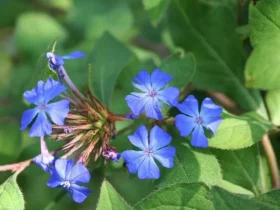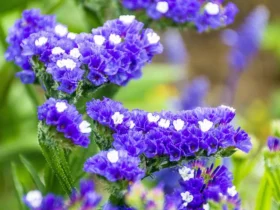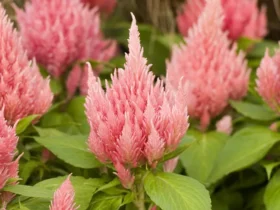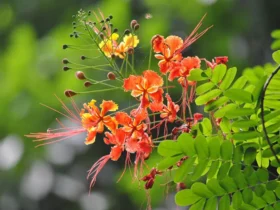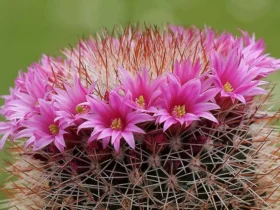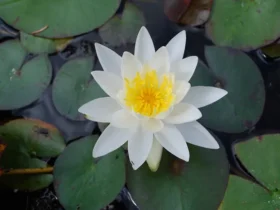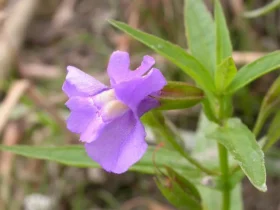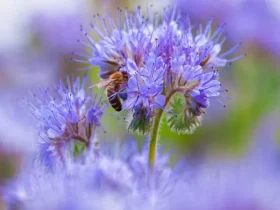The Bulgarian rose, scientifically known as Rosa damascena, is a breathtaking flower species and one of the most beautiful in Europe. Renowned for its captivating fragrance and rich cultural heritage, this exquisite flower holds a special place in the hearts of many.
The Bulgarian Rose images
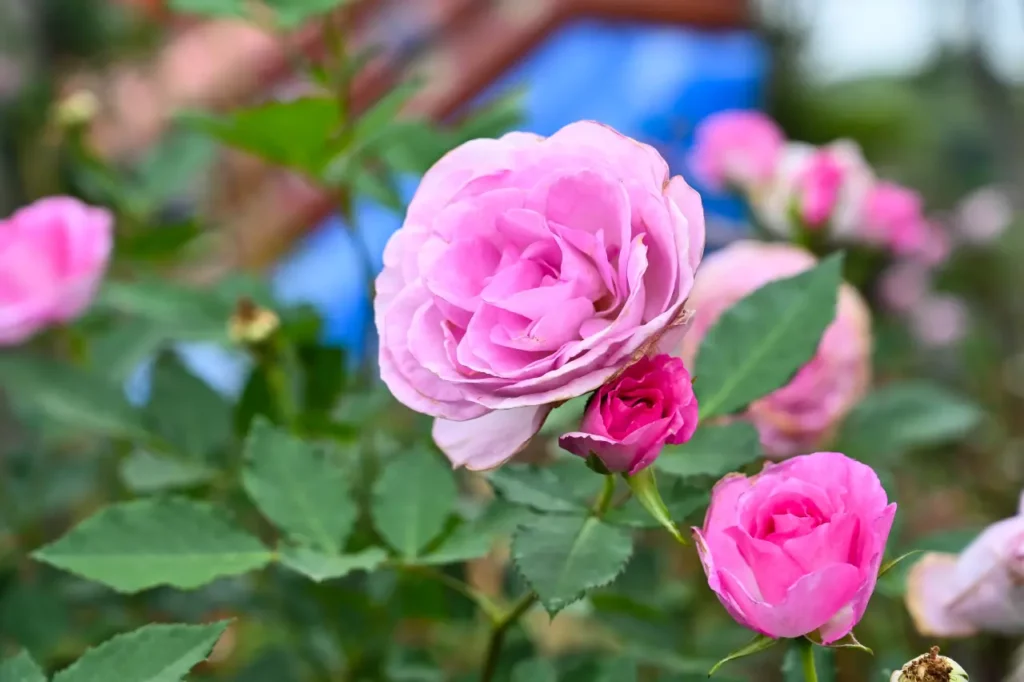
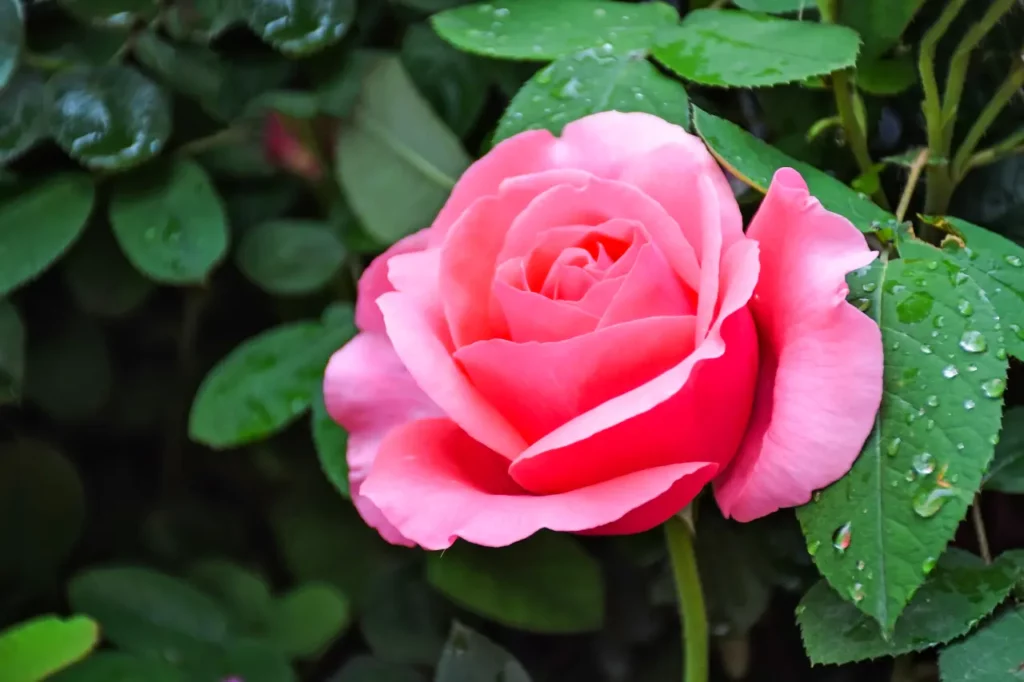
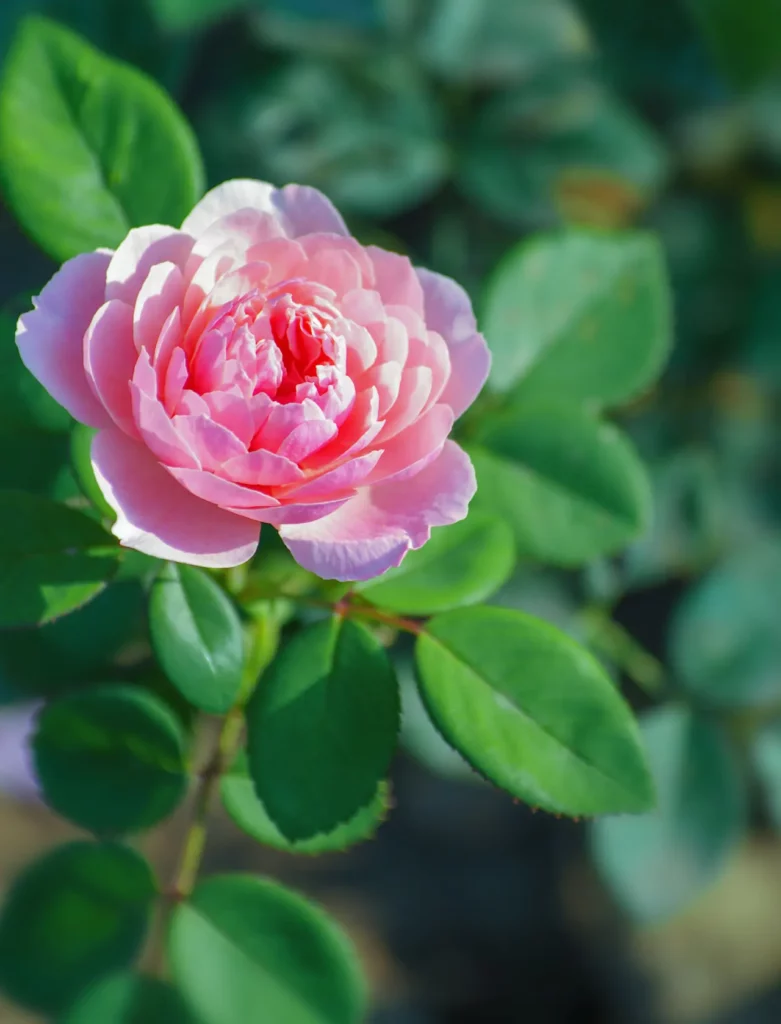
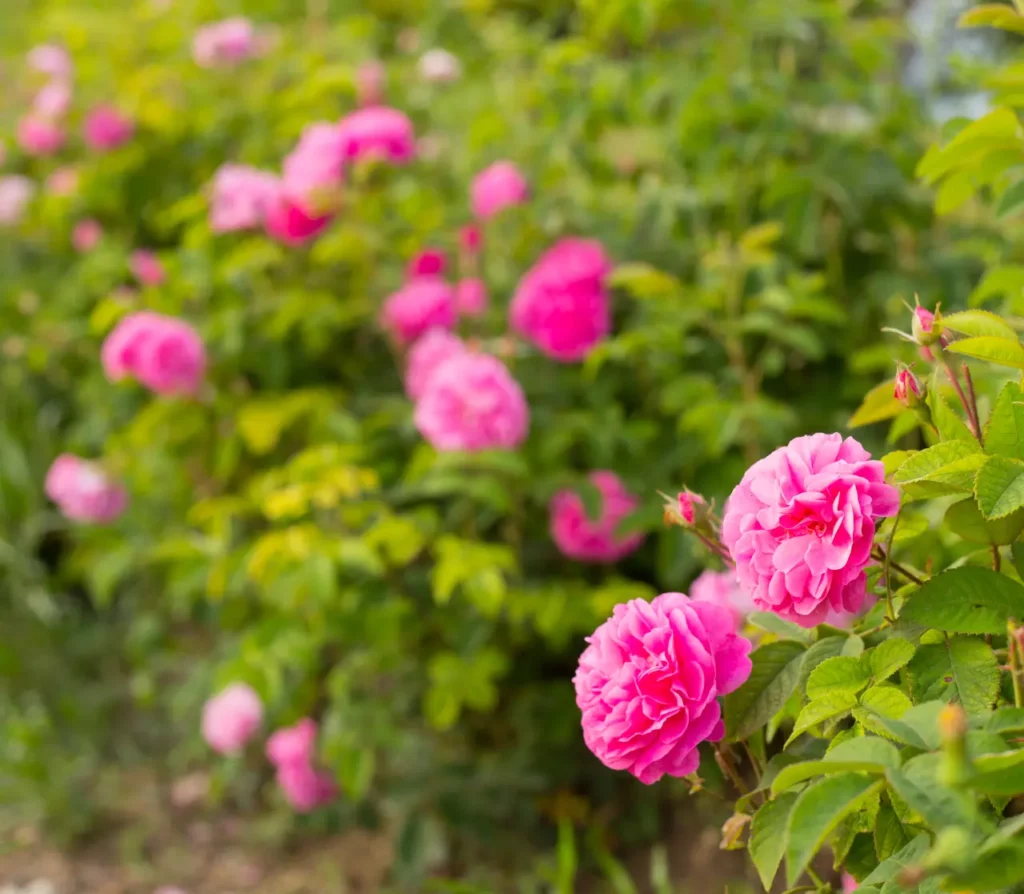
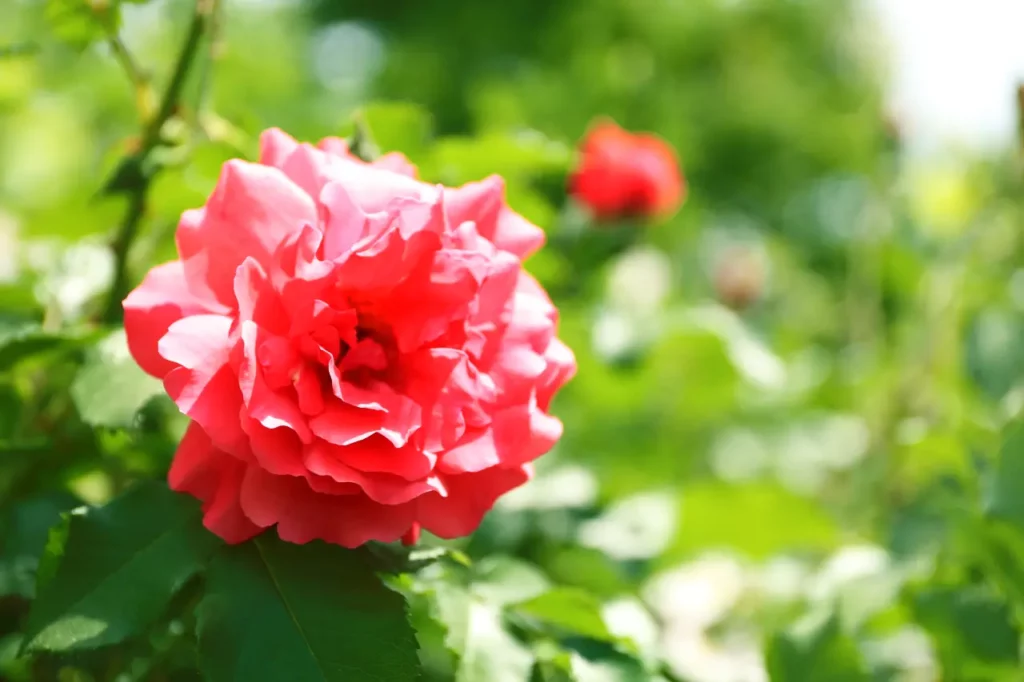
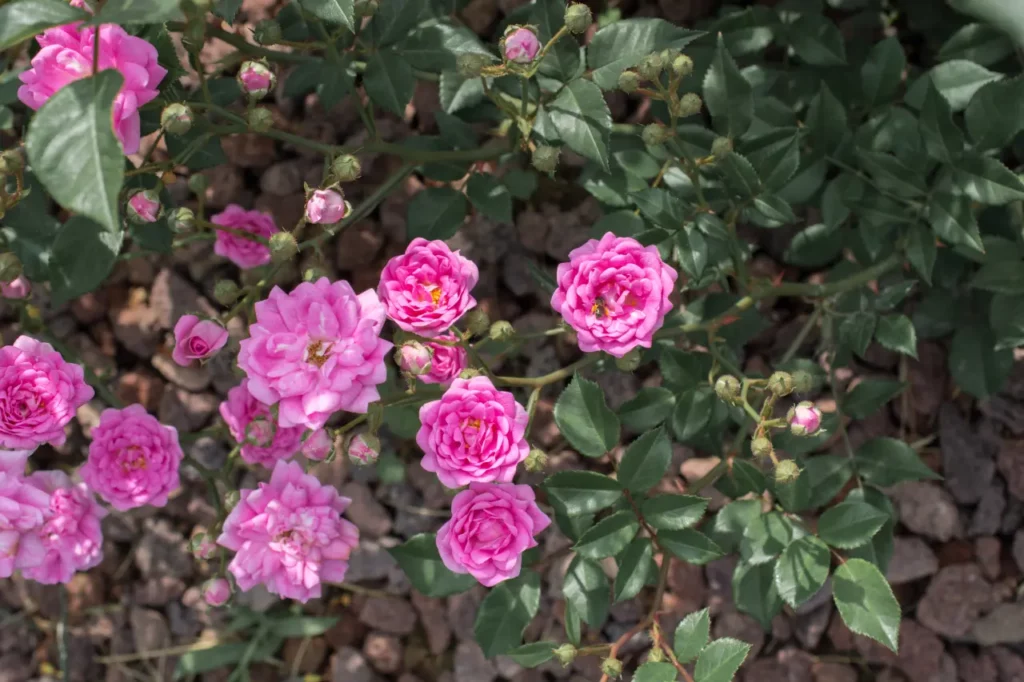
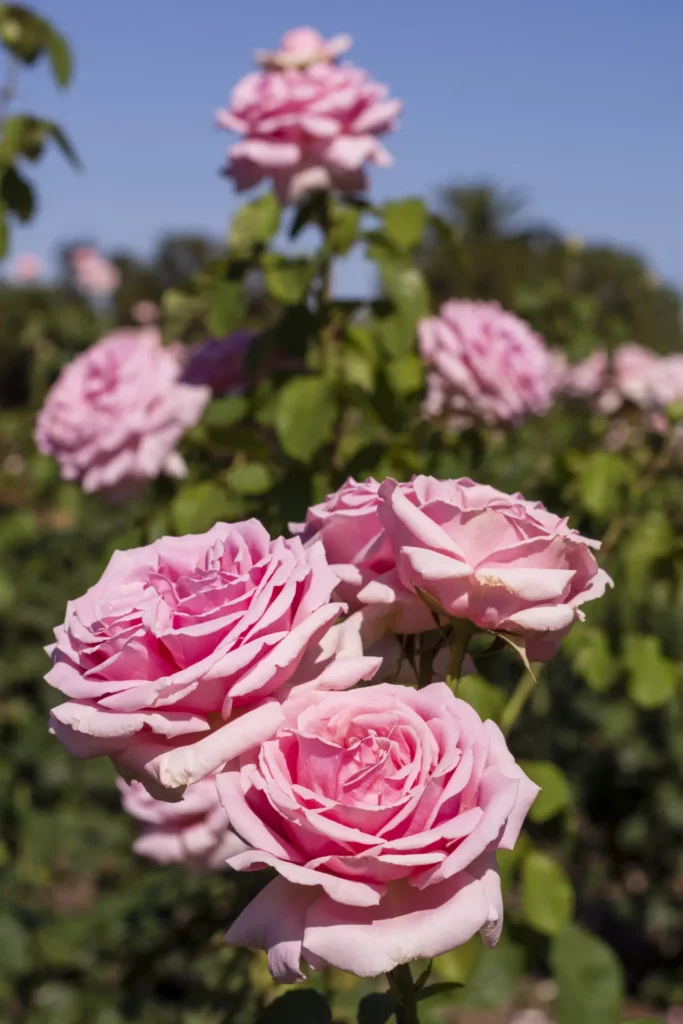
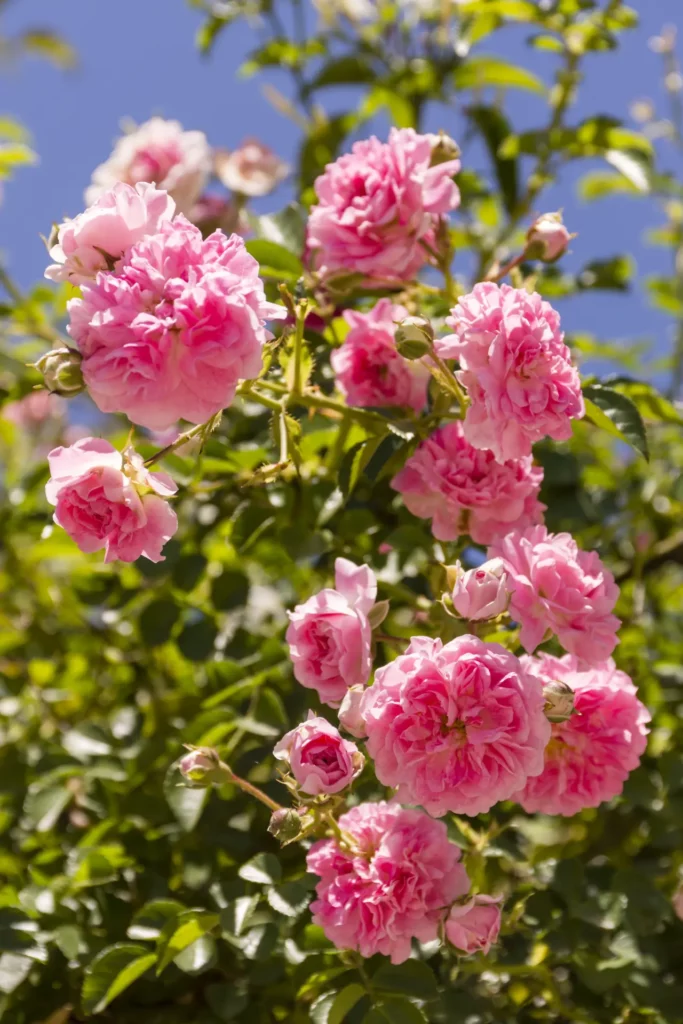
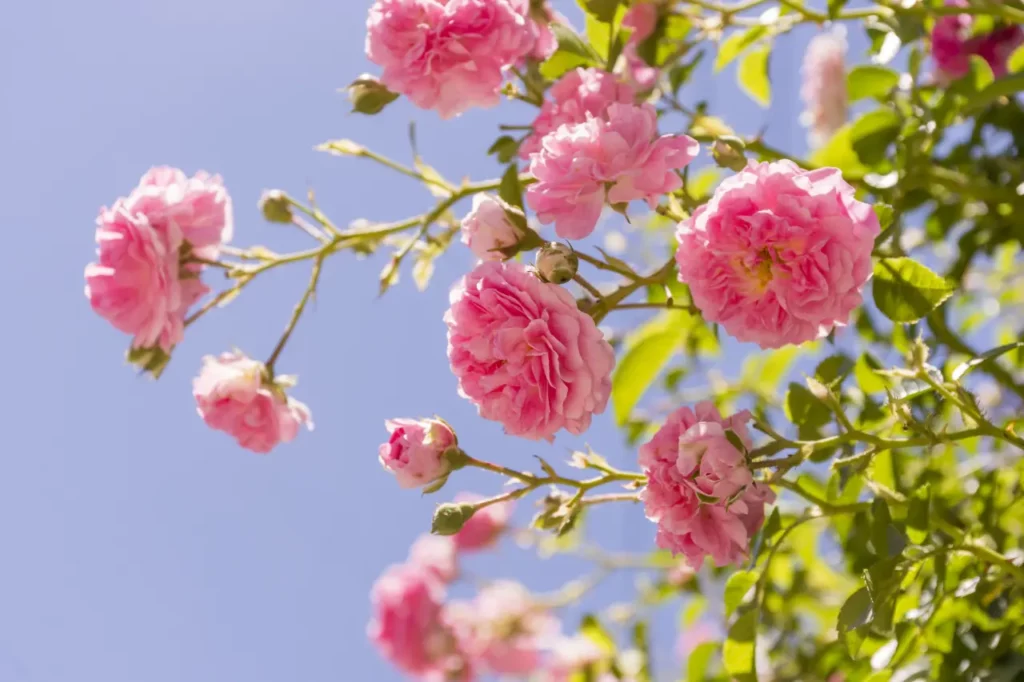
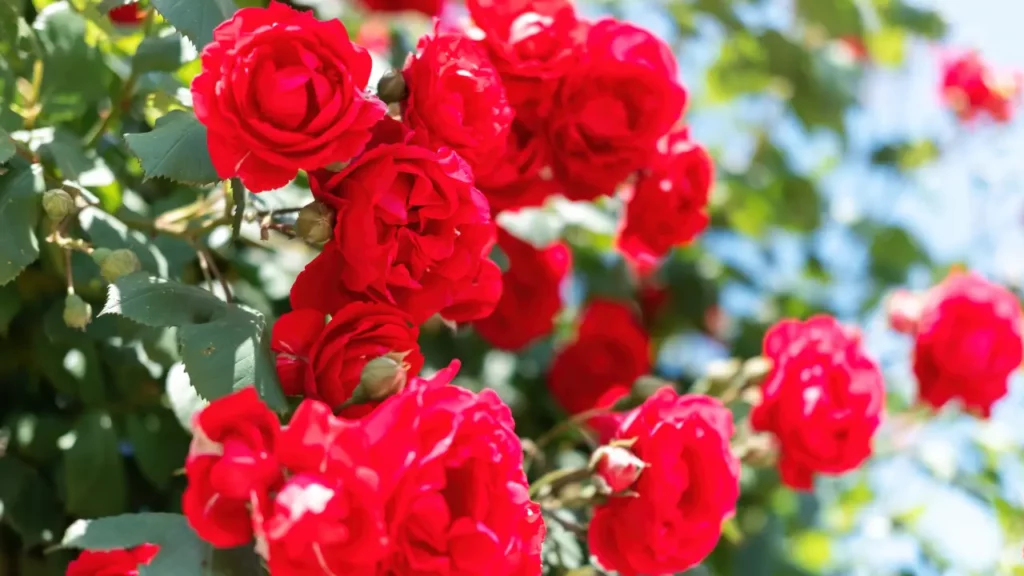
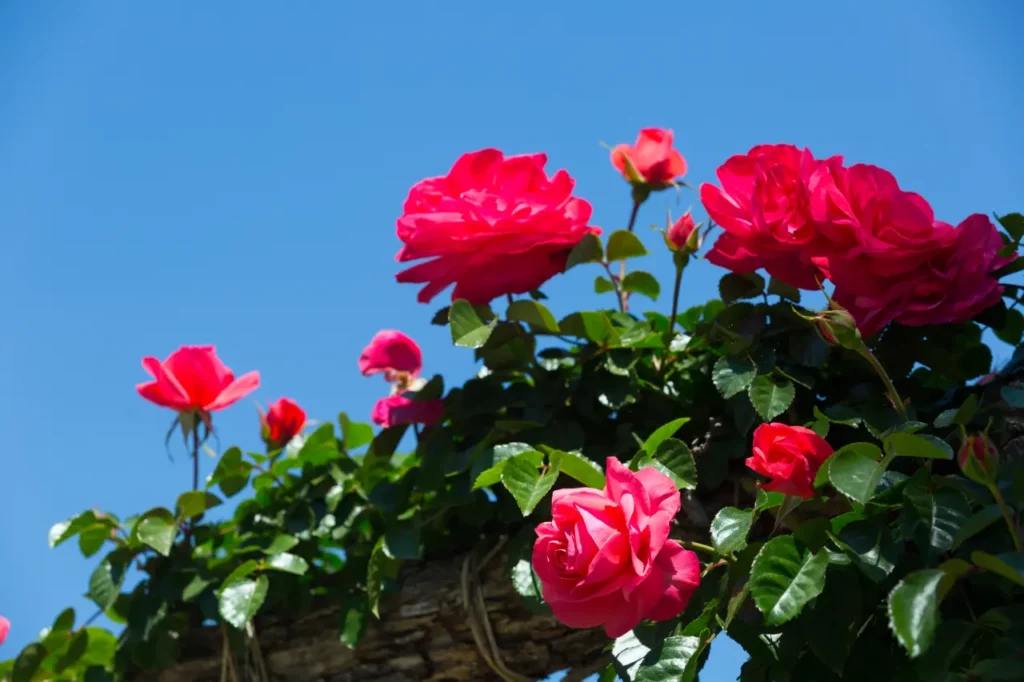
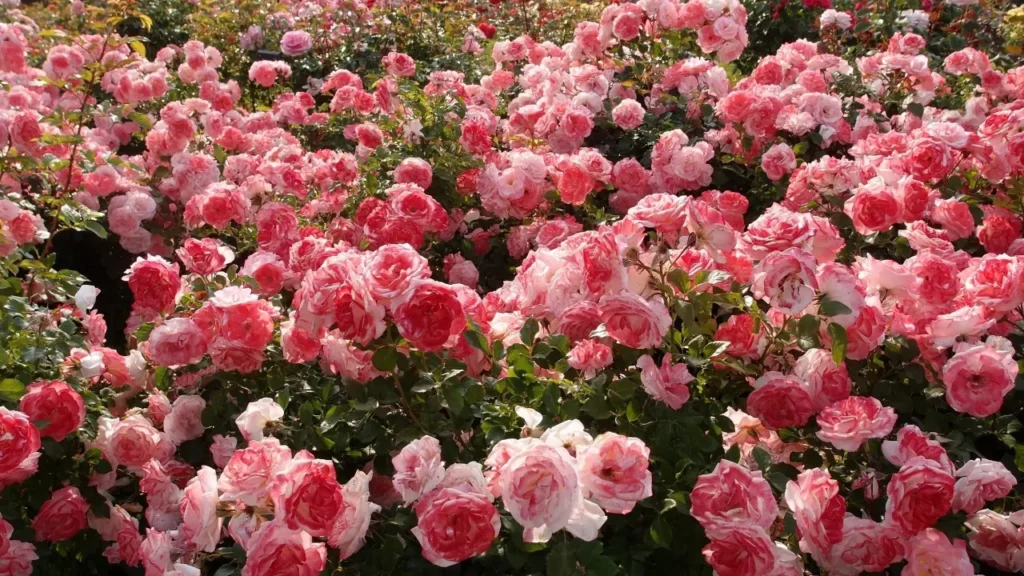
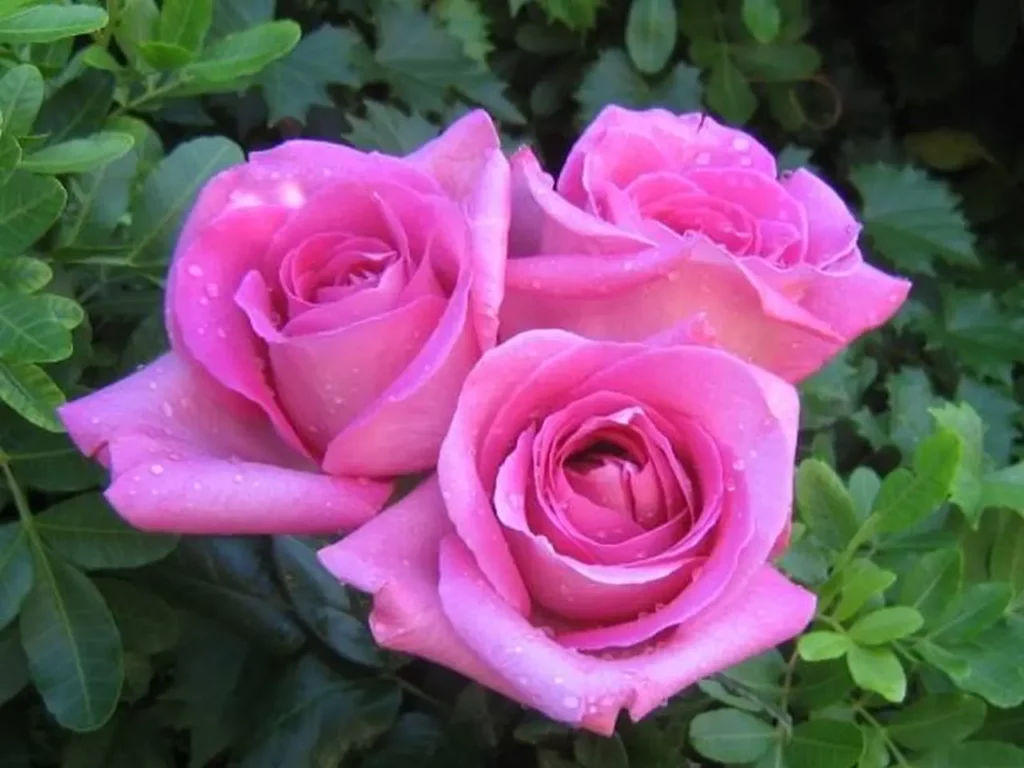
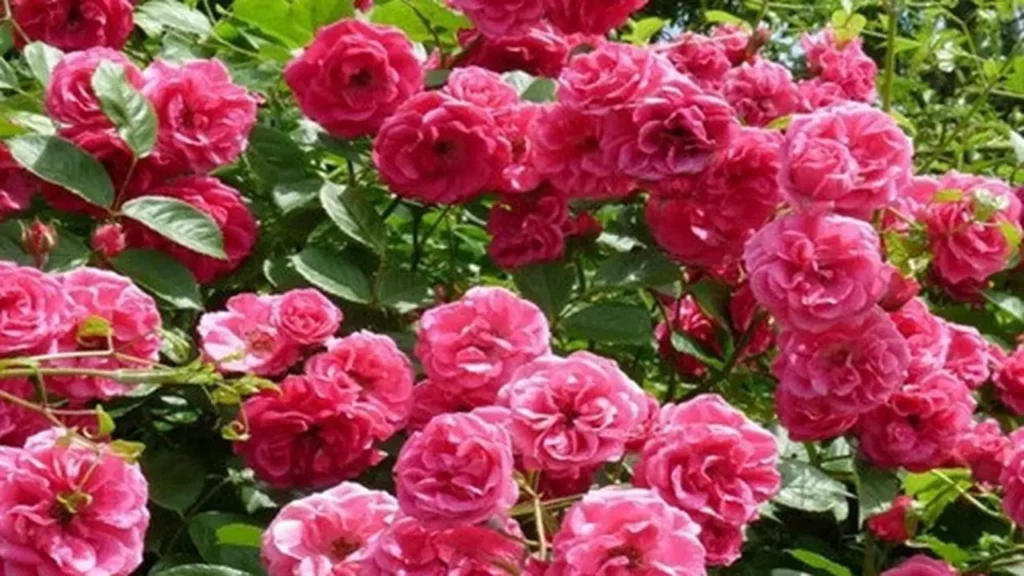
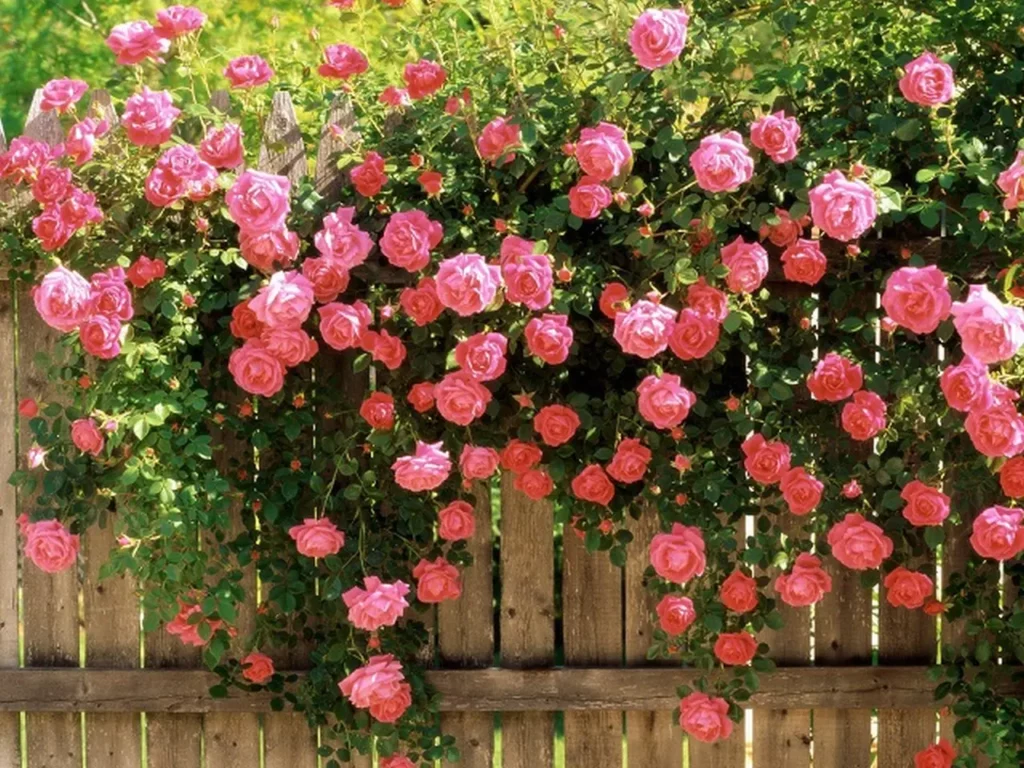
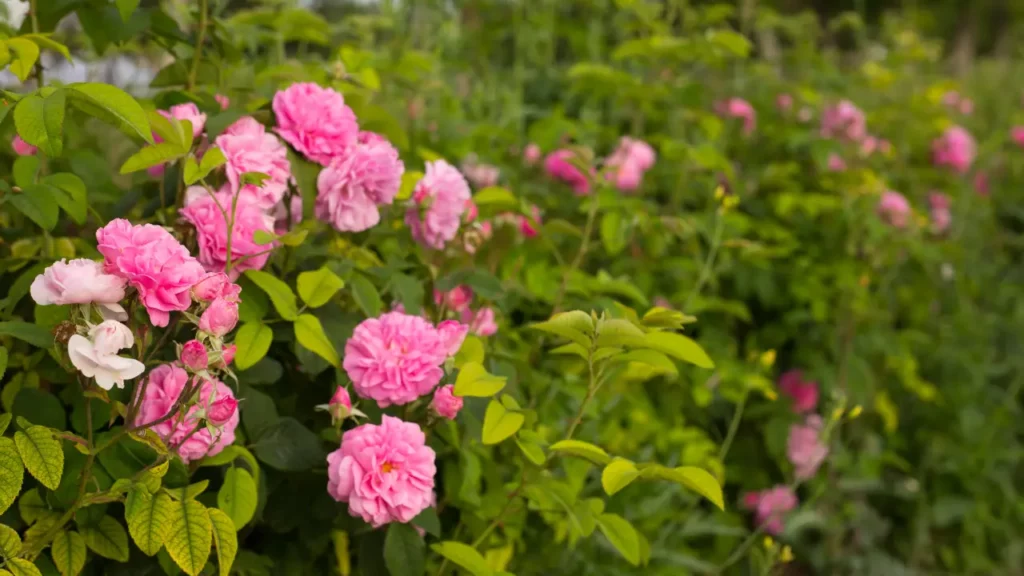
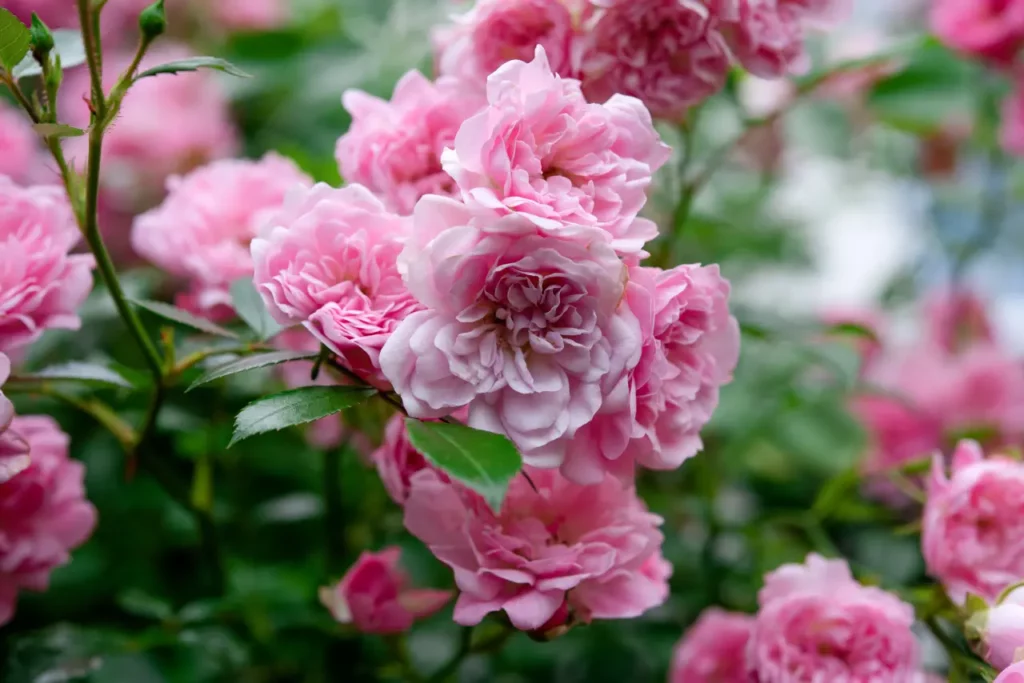
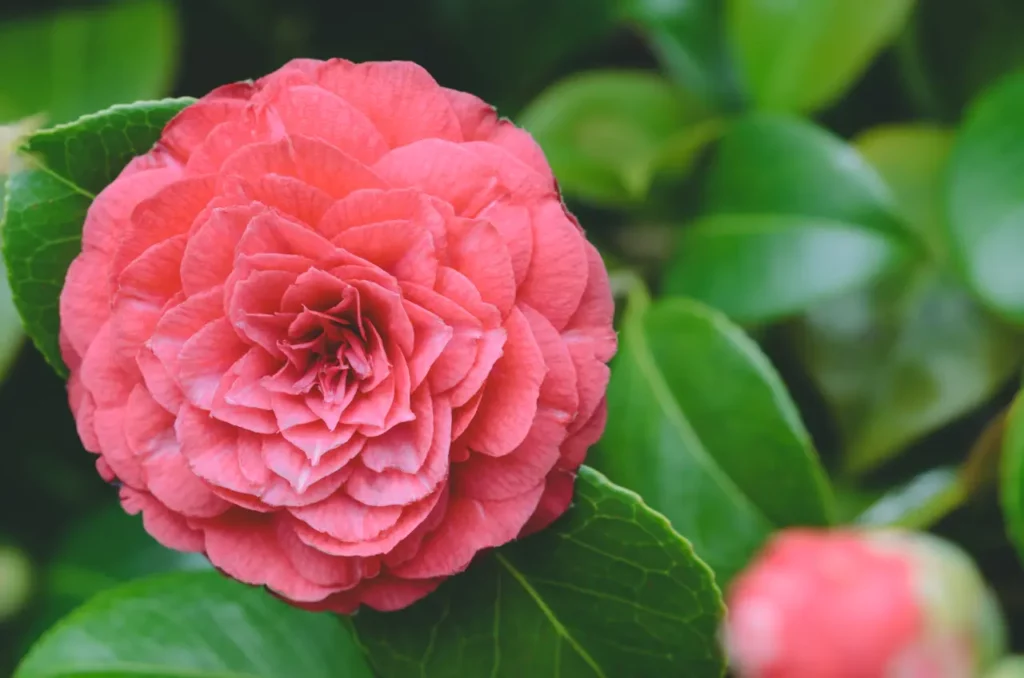
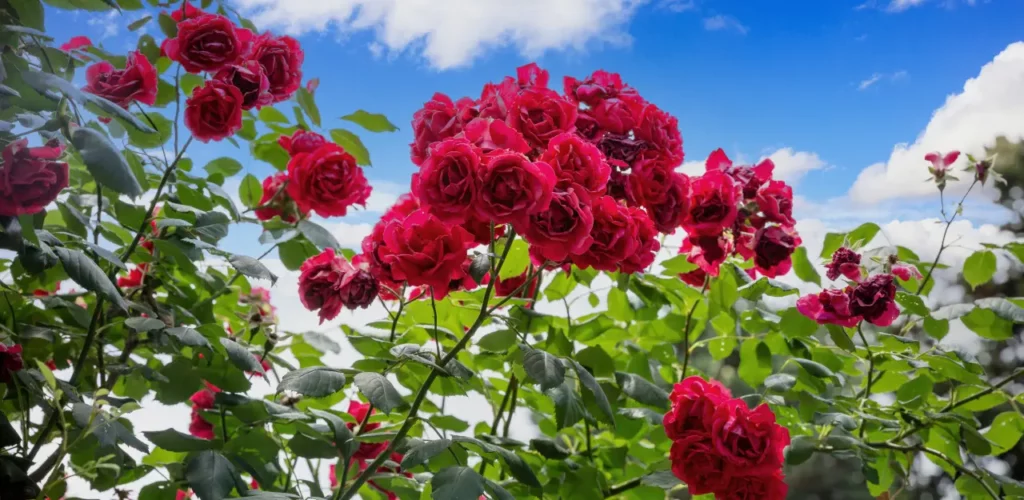
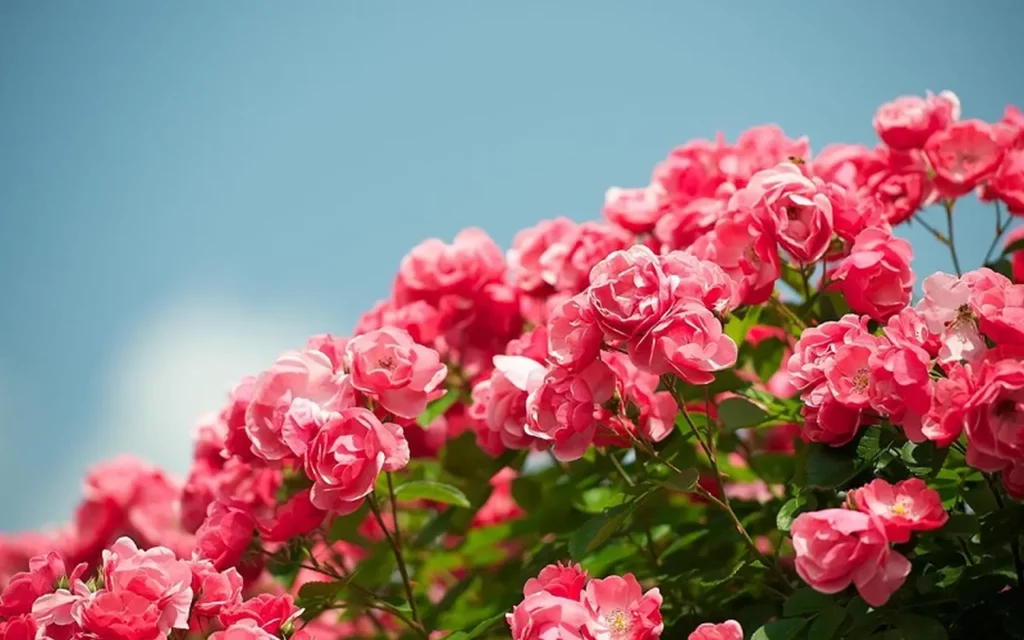
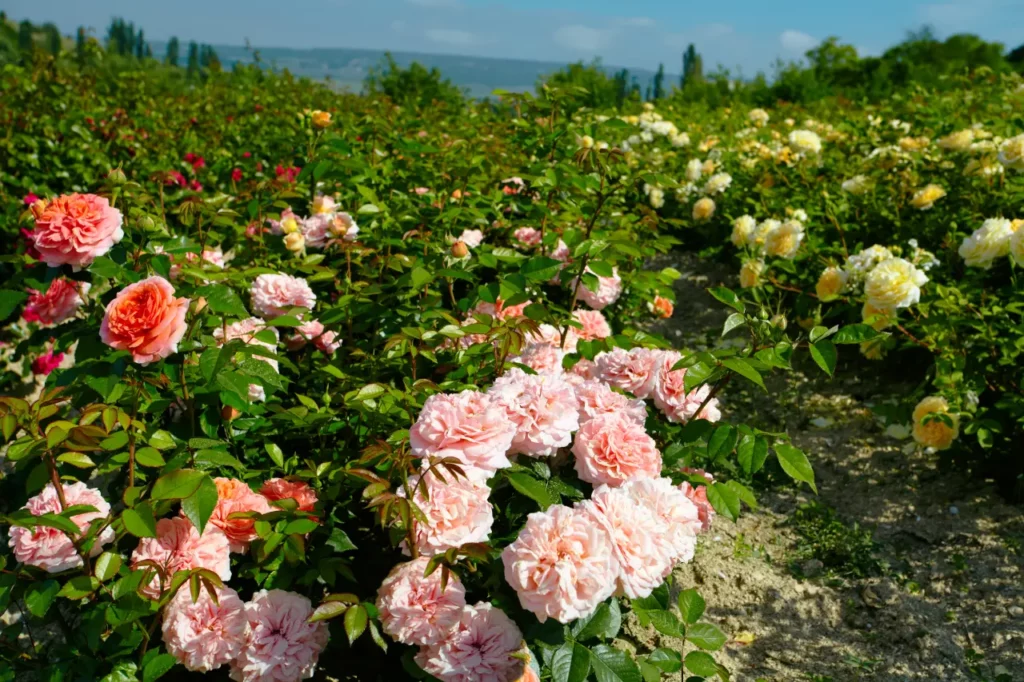
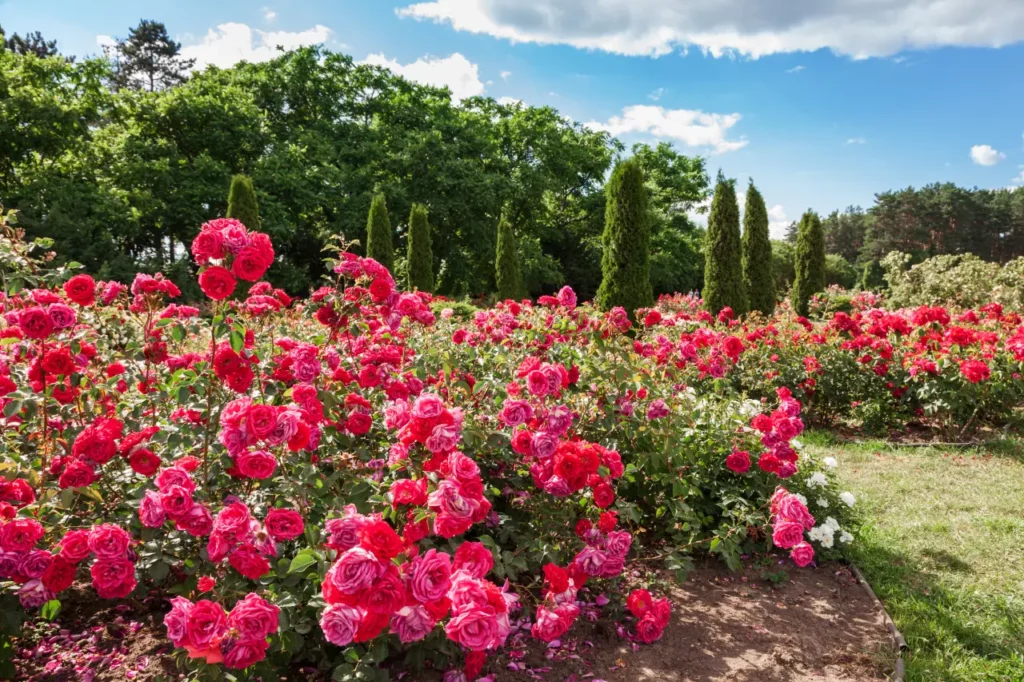
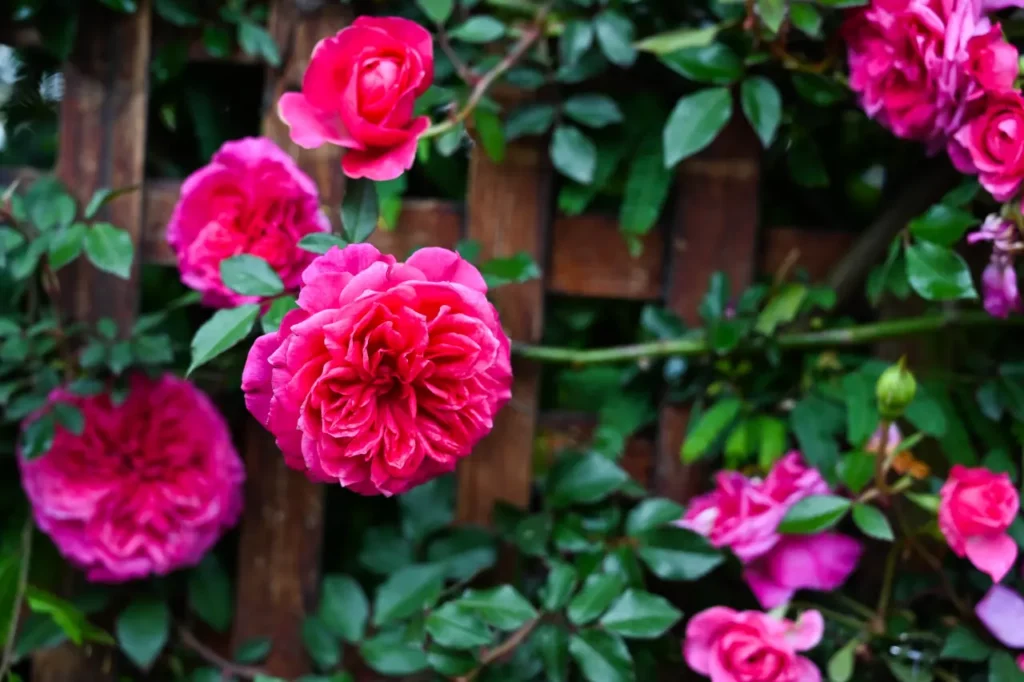
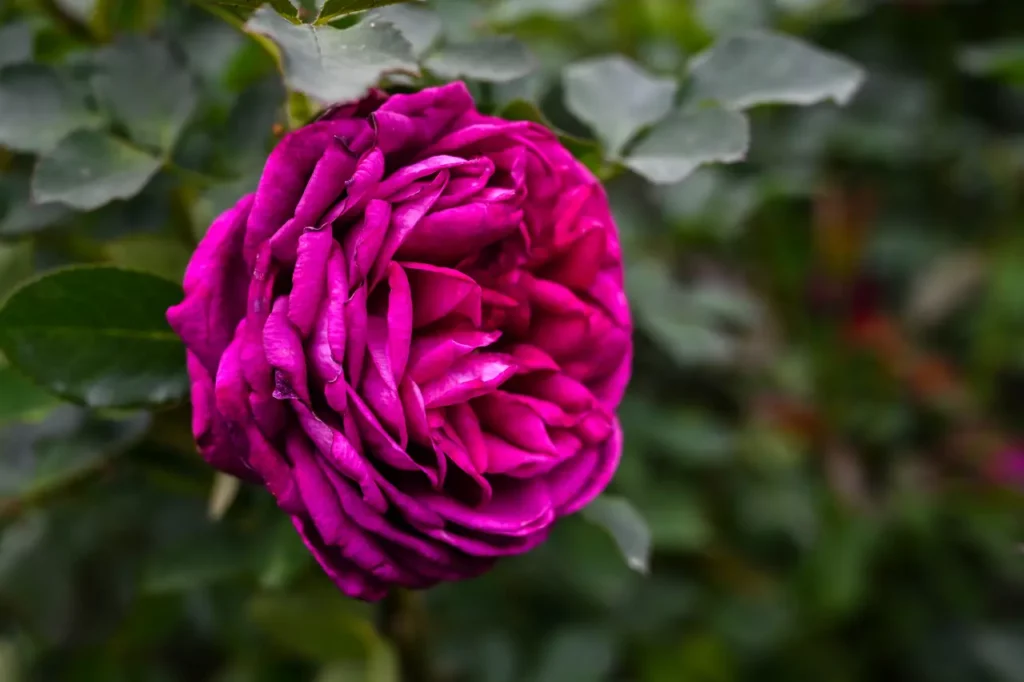
Nestled in the heart of the Balkans, Bulgaria stands out as a prominent producer of high-quality rose oil and rose-related products. Let’s explore the beautiful flower species in the content below together.
A Fragrant Legacy
The Bulgarian rose has a long and storied history that dates back centuries. It is believed to have originated in ancient Persia, and its cultivation spread across the world over time. However, Bulgaria’s unique climate and fertile soil have made it an ideal location for growing roses, allowing the country to become a prominent hub for rose cultivation and production. The distinct aroma of Bulgarian rose oil, often referred to as “liquid gold,” has captured the attention of perfumers and aromatherapy enthusiasts worldwide.
Cultivation and Harvest
The Bulgarian rose thrives in the temperate climate of the Rose Valley, located in central Bulgaria. The region’s gentle slopes, fertile soil, and abundant sunshine create optimal conditions for rose cultivation. The process begins in late spring when the rose bushes bloom, blanketing the landscape in delicate petals of various shades, including pink, red, and white. Skilled farmers meticulously handpick the roses in the early morning hours when the flowers are at their peak, ensuring the preservation of their precious oils and fragrance.
Rose Oil and Rose Water
The Bulgarian rose is prized for its essential oil, which is extracted through a delicate steam distillation process. The resulting rose oil, often referred to as Bulgarian Rose Otto, is highly regarded in the perfume industry for its exquisite scent and therapeutic properties. It takes a considerable amount of rose petals to produce a small quantity of rose oil, making it a precious and valuable commodity. Additionally, rose water, a byproduct of the distillation process, is widely used in cosmetics, skincare, and culinary applications.
Rose Festivals and Traditions
The Bulgarian rose has become deeply woven into the cultural fabric of the country. Every year, in late spring or early summer, the Rose Festival takes place in the Rose Valley, celebrating the blooming season and the rose’s beauty and significance. The festival includes parades, music, traditional dances, and the crowning of the Rose Queen. Visitors can also partake in workshops to learn about rose cultivation, distillation processes, and the art of making rose-related products.
Beyond the festival, the Bulgarian rose is celebrated throughout the country in various forms. Rose gardens adorn parks, private estates, and even monasteries, offering visitors the chance to immerse themselves in the aromatic splendor. The rose is also an inspiration for traditional Bulgarian crafts, including rose oil pottery, rose-themed embroidery, and rose-infused culinary delights.
The Bulgarian rose, with its captivating fragrance and cultural significance, holds a special place in the hearts of Bulgarians and perfume enthusiasts worldwide. It symbolizes the beauty of nature, the dedication of farmers, and the craftsmanship of artisans. The Bulgarian rose’s delicate petals and precious oils have captivated the senses and inspired countless perfumes, skincare products, and culinary creations. It is a testament to the power of nature’s beauty and the enduring allure of a flower that continues to charm and enchant across generations.

